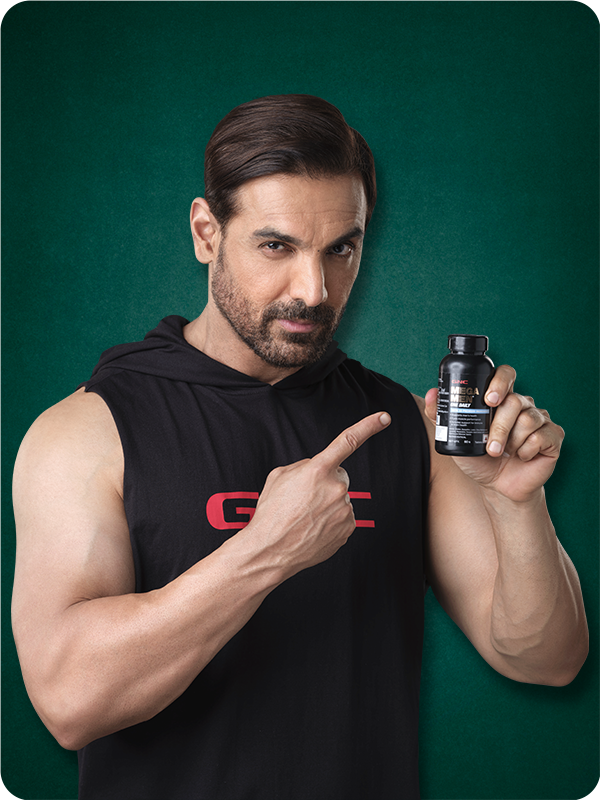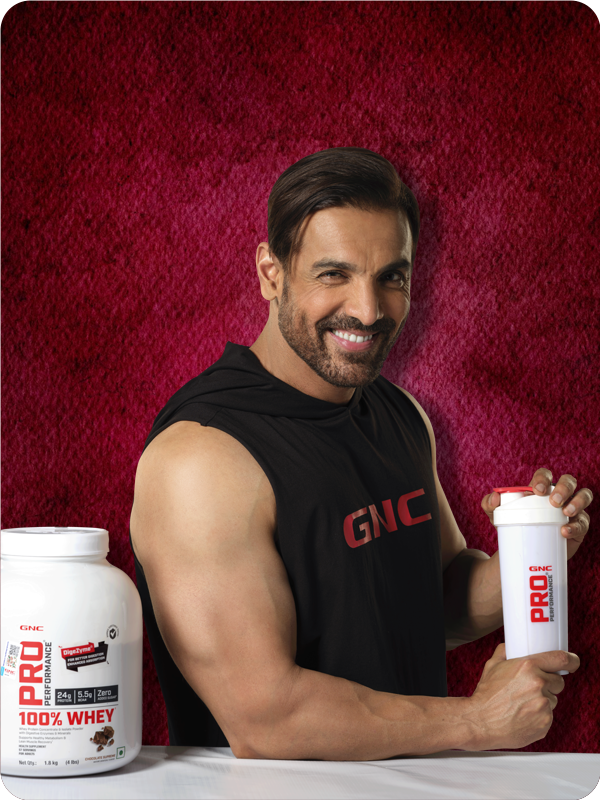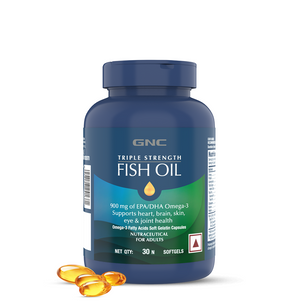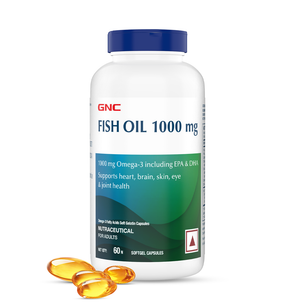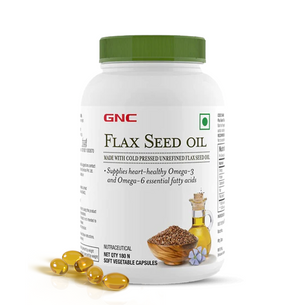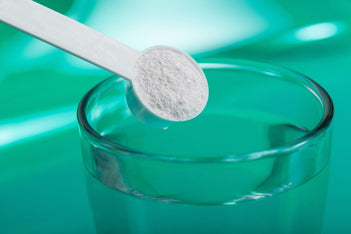If you have ever considered popping a pill of omega 3s, we can almost guarantee that it was for your heart. After all, the American Heart Association states that the good-for-you fatty acids can lower your triglyceride levels, clear your arteries from plaque, and prevent irregular heartbeats and strokes.
Omega 3s aren’t just good for your heart, they are also good at the gym and on the field. Not only are Omega 3s good for workout recovery, pushing you to achieve your goals faster, but they’re also good for heart, brain, joint, eye and skin health.
Indeed, your body cannot make omega 3 fatty acids on its own, which is where the problem lies. The things you eat greatly affect the omega-3 level in your body and regardless of whether you are trying to eat as much fish, avocados, and nuts as possible, your progress might not be as satisfactory as you might have hoped.
The three types of omegas 3s are eicosapentaenoic acid (EPA), docosahexaenoic acid (DHA), and alpha-linolenic acid (ALA). EPA and DHA are long-chain fatty acids that are found in fish, fish oil supplements, and algae extracts. ALA is the short-chain form of the phytonutrient and can be found in plants like nuts, flaxseed, chia seeds, avocado, and olive oil.
Click here to learn more about the benefits of fish oil supplements to athletes.
Today, We would like to ask the question: do you need to consume it every day?

Researchers were interested in the omega-3 fatty acid status of athletes, especially NCAA Division 1 athlete who play sports ranging from football to golf to swimming. In addition to surveying their diets, they also measured their blood levels of omega-3 fatty acids EPA and DHA using an Omega-3 Index test.
Researchers found that the athletes in the study fell short of the 500 mg/day omega-3 intake recommended by the Academy of Nutrition and Dietetics, according to a study published in the April 29th issue of PLOS One. In addition, all of the blood samples submitted had low Omega-3 Index levels.
Specifically, the Omega-3 Index test measures the amount of EPA and DHA in the red blood cell membranes. The Omega-3 Index is calculated if, for example, you have 64 fatty acids in a cell membrane, of which 3 are EPA and DHA.
The Omega-3 Index is a percentage-based test. But how does that work? It is ideal to have an Omega-3 Index of 8% or higher, which is the lowest risk zone. In reality, most consumers have an Omega-3 Index below 6%.
Hence, what does this depict?
Many studies show benefits for omega-3 fish oil among athletes across a wide range of sports, from soccer to rugby, cycling to swimming, suggesting antioxidant properties that have not emerged in more established areas, such as heart health, brain function, and prenatal health.
ICMR suggests having omega-3 fatty acids daily 0.5 to 2 g day to maintain optimal heart health; International Olympic Committee guidelines recommend eating about 2 g of omega-3 fatty acids per day, either in supplements or from fatty fish, but they don’t specify amounts of DHA and EPA or a ratio.
So, next time make sure you consume omega-3 supplements before or after a workout to reap these benefits:
Helps Improve Endurance: Omega-3 fatty acids improve endurance by decreasing the heart rate and the amount of oxygen that is used by the body every minute, so your body needs less energy to run that marathon.
Helps Perform Better: Researchers found that omega-3 supplementation decreased relative exertion perception significantly within the female participants during exercise in one study. To put it simply, omega-3s made tough workouts seem less difficult.
Helps Build Muscles: It has been determined that omega-3 fatty acids improve the response of the body’s muscles to insulin and amino acids, both of which are released in the body whenever an individual is exercising.
Faster Muscle Recovery: Since omega-3s are anti-inflammatory, they can help reduce soreness and associated pain in muscles after workouts because they are anti-inflammatories.
Ensure You’re Getting Omega-3s from the Best Source!
The need for omega-3 is higher for athletes and those who lead an active lifestyle than the average person. There have been studies in which the EPA and DHA dosages ranged from 1 gram to 8 grams per day.
Please ensure your EPA and DHA supplements are sourced directly from the company you can trust! GNC Triple Strength Fish Oil provides 1500mg of fish oil, with 900 mg of highly absorbable EPA and DHA that are sourced from deep ocean fishes and are purified to get rid of any toxic substances. This product is free of mercury, and the enteric coating makes sure that you will not experience fishy burps as a result of this product.
Furthermore, because you’re burning through your omega-3s at a faster rate than the average person, ensure you always check your Omega-3 Index regularly.


